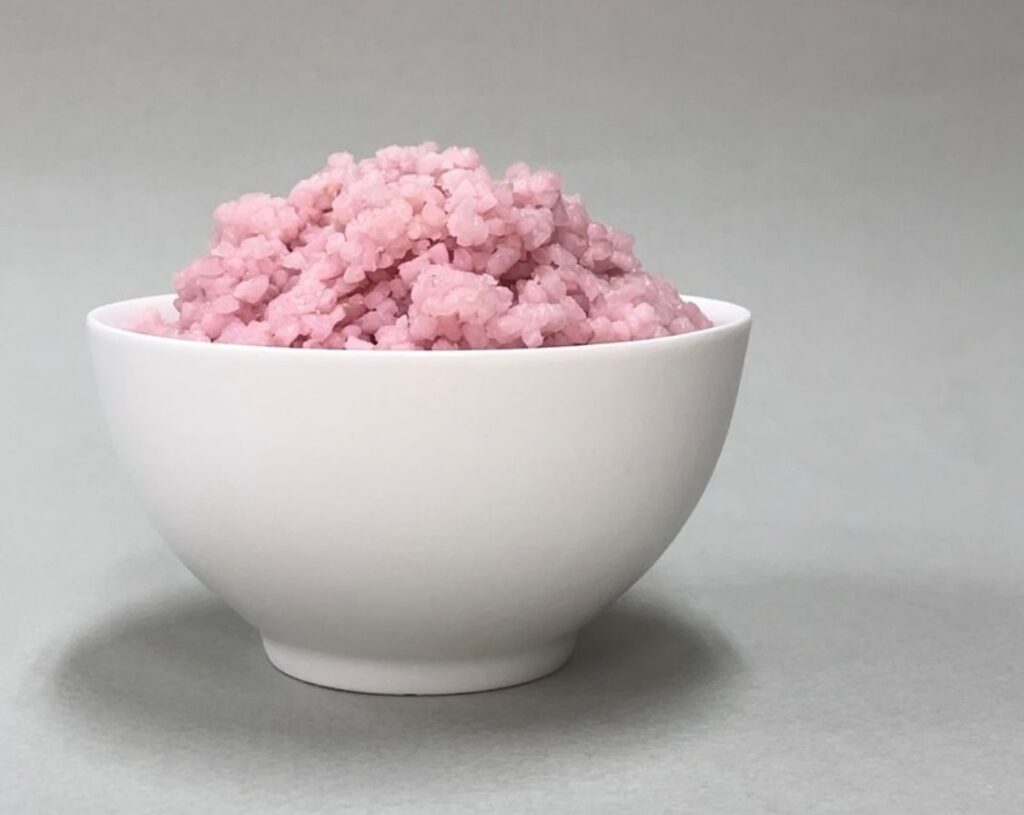15/02/2024
15/02/2024

NEW YORK, Feb 15: In a groundbreaking advancement, scientists have engineered a new type of hybrid food - "meaty" rice - which they propose could provide a sustainable and economical protein source. The innovative rice grains, infused with beef muscle and fat cells grown in a laboratory setting, are poised to revolutionize the food industry.
The process involves coating rice grains with fish gelatine to facilitate the adhesion of beef cells, allowing them to proliferate and form a meat-like structure. These hybrid rice grains undergo culturing in Petri dishes for up to 11 days, resulting in a unique food product that researchers believe holds promise for addressing food shortages, military rations, and even space food in the future.
Initial reports indicate that the hybrid rice, as detailed in the Matter journal, boasts higher protein and fat content compared to traditional rice varieties. Researchers at Yonsei University in South Korea reveal that hybrid rice contains 8% more protein and 7% more fat, presenting a potentially more nutritious alternative.
Moreover, the production process of this hybrid rice significantly reduces carbon emissions, offering a more environmentally sustainable protein source. For every 100g of protein produced, hybrid rice is estimated to emit under 6.27kg of carbon dioxide, in stark contrast to traditional beef production, which releases eight times more carbon emissions.
Lead researcher Sohyeon Park expressed surprise at the success of the meat cell integration into rice grains, envisioning a myriad of possibilities for this innovative food product. The rice serves as a scaffold for the growth of meat cells while providing essential nutrients, showcasing its potential to revolutionize protein production.
This development builds upon the ongoing exploration of lab-grown or cultivated meat products globally. While some countries, such as Singapore, have already introduced cultivated meat to the market, others, like Italy, have raised concerns about preserving traditional food practices.
Experts emphasize the need for further research and public acceptance of lab-grown foods, highlighting their potential to address health and environmental challenges. While this innovative approach holds promise for future diets, additional studies are necessary to optimize its application as an alternative protein source.
The development of "meaty" rice underscores the ongoing efforts to innovate and create sustainable solutions to global food challenges, signaling a potential paradigm shift in food production and consumption.


